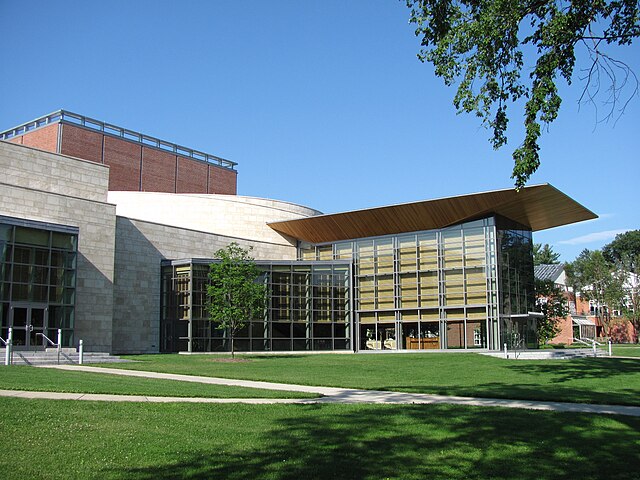While much national news has recently focused on the presidential race, Massachusetts voters will have the opportunity this year to implement ranked choice voting (RCV) for future non-presidential elections via Ballot Question 2. Many students at the College have become active in the “Yes on 2” campaign to pass this ballot initiative and change Massachusetts’ voting process.
RCV allows voters to rank candidates in order of preference and requires candidates to win a majority of votes rather than a plurality: If no candidate reaches 50 percent of the vote, the ballots for which the first-choice candidate had the fewest votes are then reallocated to their second choice candidate. This process repeats itself until one candidate reaches a majority of votes.
Rosa Kirk-Davidoff ’21 is a volunteer for the “Yes on 2” campaign and has phone-banked to convince Massachusetts voters to support RCV. “Ranked choice voting allows you to vote for third parties without being afraid that you are taking away votes from a major candidate … it ensures that person who won the election actually got more than the 50 percent of the vote,” Kirk-Davidoff said.
Nathaniel Kirby ’24 is a Massachusetts resident and supporter of RCV as well. Like Kirk-Davidoff, Kirby said he believes that the system “would eliminate the need for ‘strategic voting’ and allow people to vote for their favorite candidates without feeling like they are wasting their vote.” However, he added, most importantly it is “a step in the right direction for our democracy as a whole” because it would reduce the influence of “special interests and big money.”
Massachusetts would not be the first state to implement ranked choice voting; Maine has used the system for several years, and some cities such as San Francisco have done so even longer.. RCV drew national attention in 2018 when incumbent Republican Bruce Poliquin won a narrow plurality over Democrat Jared Golden in Maine’s 2nd congressional district, but ultimately lost after third-party votes were reallocated. This November, Maine will be the first state to use RCV in a presidential election, which the Massachusetts initiative would not allow.
Opponents of RCV contend that the process is too confusing and will suppress turnout of seniors, minorities and less-educated voters who are less likely to engage in the political process due to the new method of voting. Additionally, some have expressed concern that ballots will get thrown out over minor mistakes. However, Kirk-Davidoff noted that voters have the option to vote the same way they vote now by only selecting a first choice. In her experience talking to voters, “People seem to understand it pretty quickly,” she said.
When asked for comment on Question 2 and RCV, Solly Kasab ’21, the president of EphVotes, said that “EphVotes does not have an official position on this specific ballot question, or ranked choice voting writ large” because the organization is “laser-focused on maximizing Williams voter registration and turnout in the 2020 election.” However, Kasab noted, “Many members of EphVotes do support implementing ranked choice voting as an alternative to our current system.”
The success or failure of Question 2 will be an important barometer for the movement to implement RCV. If Massachusetts elects to adopt this system, other states around the country may look to RCV as a potential way to reform elections and the democratic system. However, if it fails, it will be a significant defeat for the movement and may halt similar referendums around the country.
Question 2 provides Massachusetts voters with an opportunity to reform the democratic process in a significant way. Whether voters decide the traditional system or RCV is the superior format will be decided on Nov. 3 at the ballot box.














